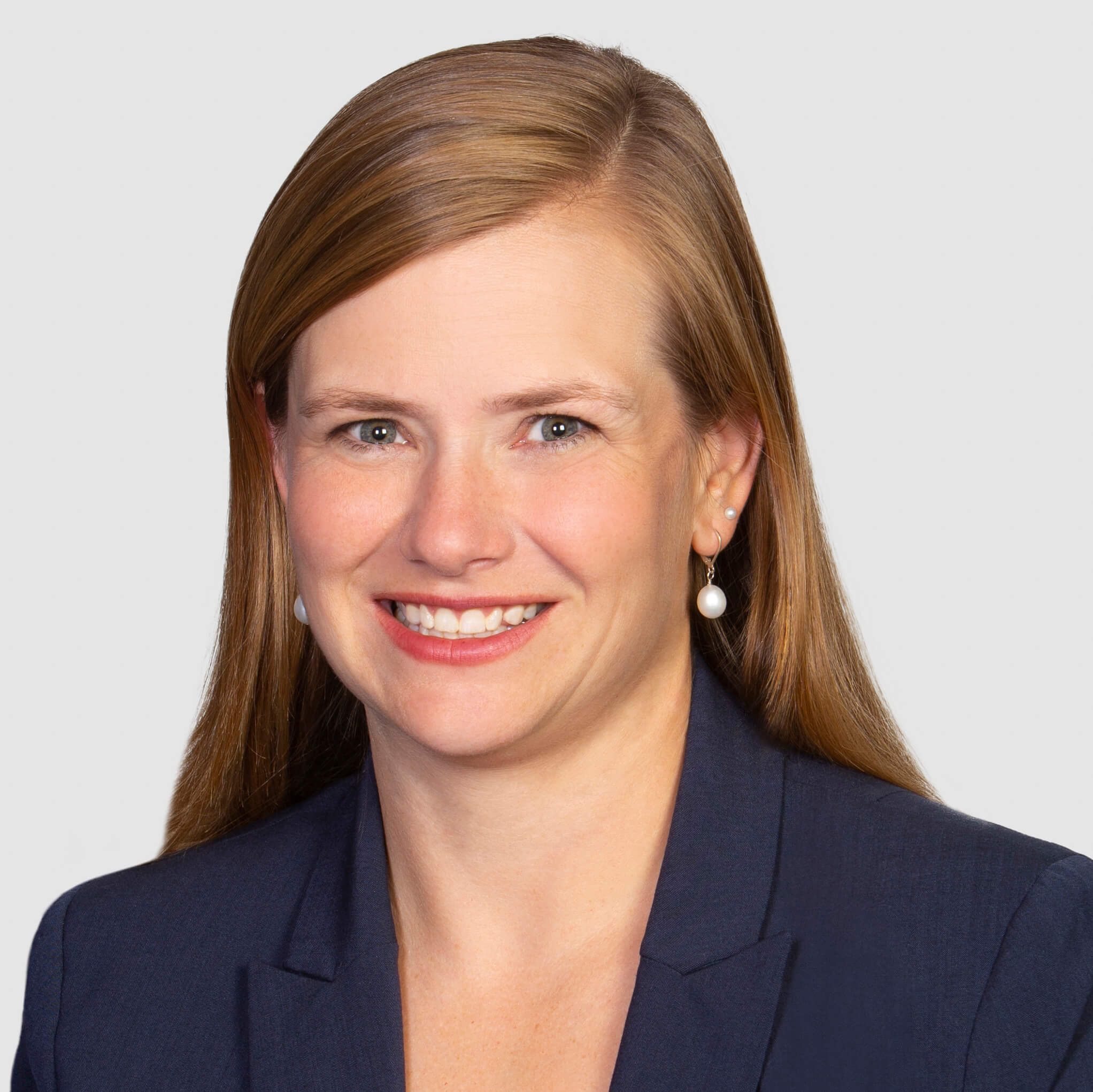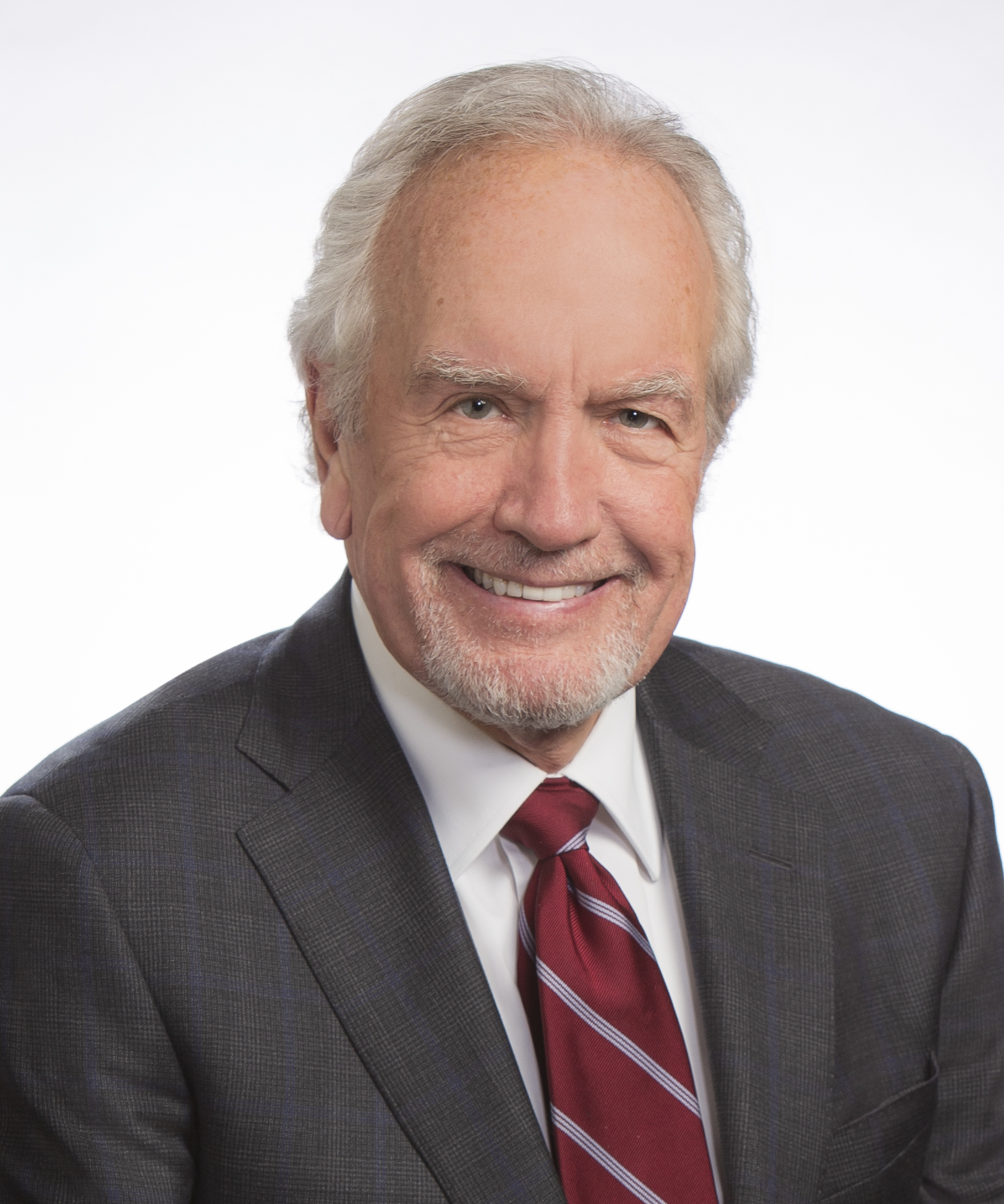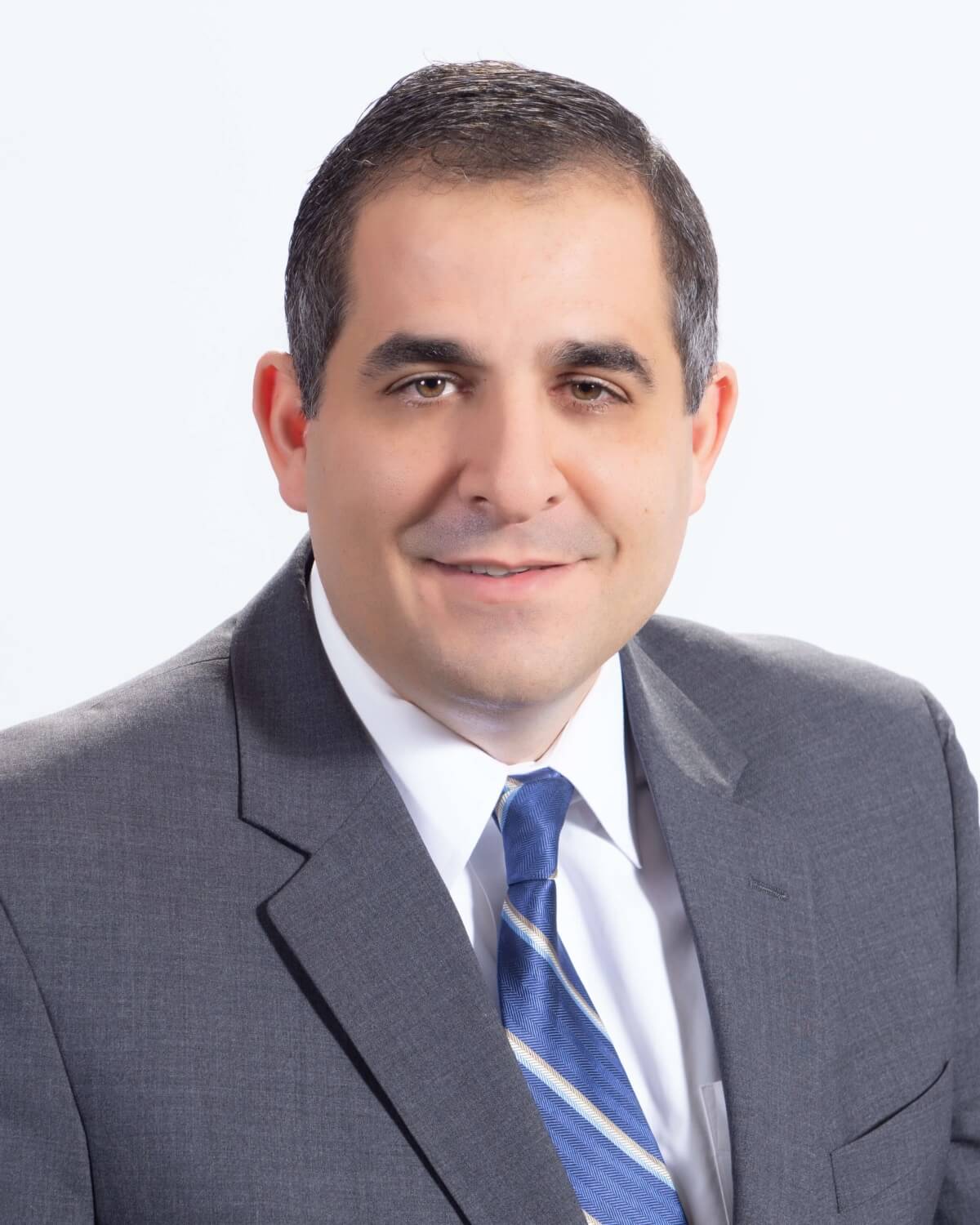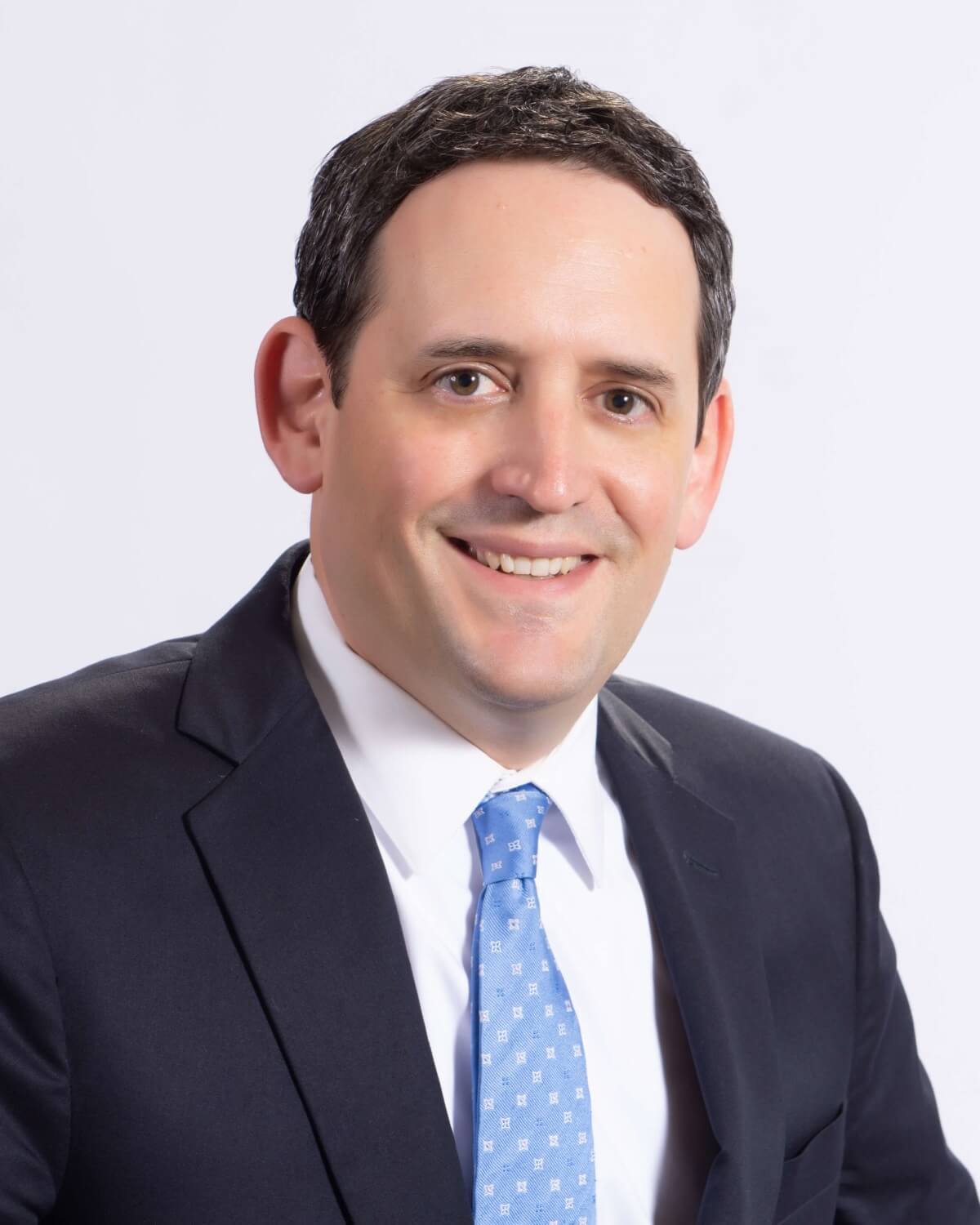KHVPF Insight

Michigan’s Open-and-Obvious Defense Slips…and Falls
For over a century, Michigan employers and property owners were not liable for personal injuries to customers, employees, or guests stemming from an “open and obvious” condition of the property. Thus, for instance, a person slipping on an ice-covered parking lot would lose a negligence case as a matter of law; as the 2012 iteration of the Michigan Supreme Court put it, “Michigan, being above the 42nd parallel…is prone to winter,” ice is “a typical hazard confronted under ordinary circumstances,” and thus open, obvious, and foreseeable.
All this changed in the summer of 2023, with the Michigan Supreme Court reconsidering the “open-and-obvious doctrine” in Kandil-Elsayed v F & E Oil, Inc. The case involved precisely the fact pattern that, 11 years ago, was an open-and-shut case: a customer slipping and falling on the ice at a gas station. In a 5-2 opinion, the Court overturned the open-and-obvious doctrine, holding that plaintiffs can now recover for injuries from open and obvious hazards on property. Those cases can now go to the jury to decide, although the jury could still reduce the plaintiff’s recovery based on his or her proportion of fault. For example, a jury could find that, in the icy parking lot example, the customer was 90% at fault for failing to watch out for the ice, and award her only 10% of her damages. Even so, since these cases can now go to a jury, plaintiffs are more likely to recover—and property owners, including businesses, are more likely to be forced to pay out.
What does this decision mean for businesses? First, it’s important to note that the decision applies to customers, employees, contractors, or anyone else who visits a location for business purposes. From each of these categories of visitors, Michigan is likely to see a steep rise in slip-and-fall and other actions based on “premises liability,” meaning liability for hazards on property. States that have abolished the open-and-obvious doctrine as a bar to recovery generally have more premises liability cases. For example, Connecticut, which has not barred these types of suits since 2008—and which, like Michigan, has rough winters—has the third-highest number of premises liability cases in the country, 2,023 in 2022, even though it ranks 29th in population. Michigan, which has very few premises liability cases now, could similarly see thousands of cases, and many of Michigan plaintiff’s law firms have already started advertising their services for slip-and-fall cases. The good news for businesses is that the average payout from this type of lawsuits is small, typically $10,000-$50,000. Also, there are several simple steps businesses can take to minimize liability from slip-and-fall accidents:
- Ensure maintenance staff are aware of a higher need to protect against dangerous conditions that could result in a slip-and-fall.
- Recognize that placement of signs alerting visitors of the danger, though helpful, won’t guard against liability; the danger, be it a wet floor or icy lot, needs to be quickly eliminated.
- Consider increasing ice and snow removal.
In addition to these measures, look at your business’s liability insurance policies to see what protections are afforded for premises liability. An attorney can assist in this regard, or other questions related to slip-and-fall liability, or premises liability in general.





